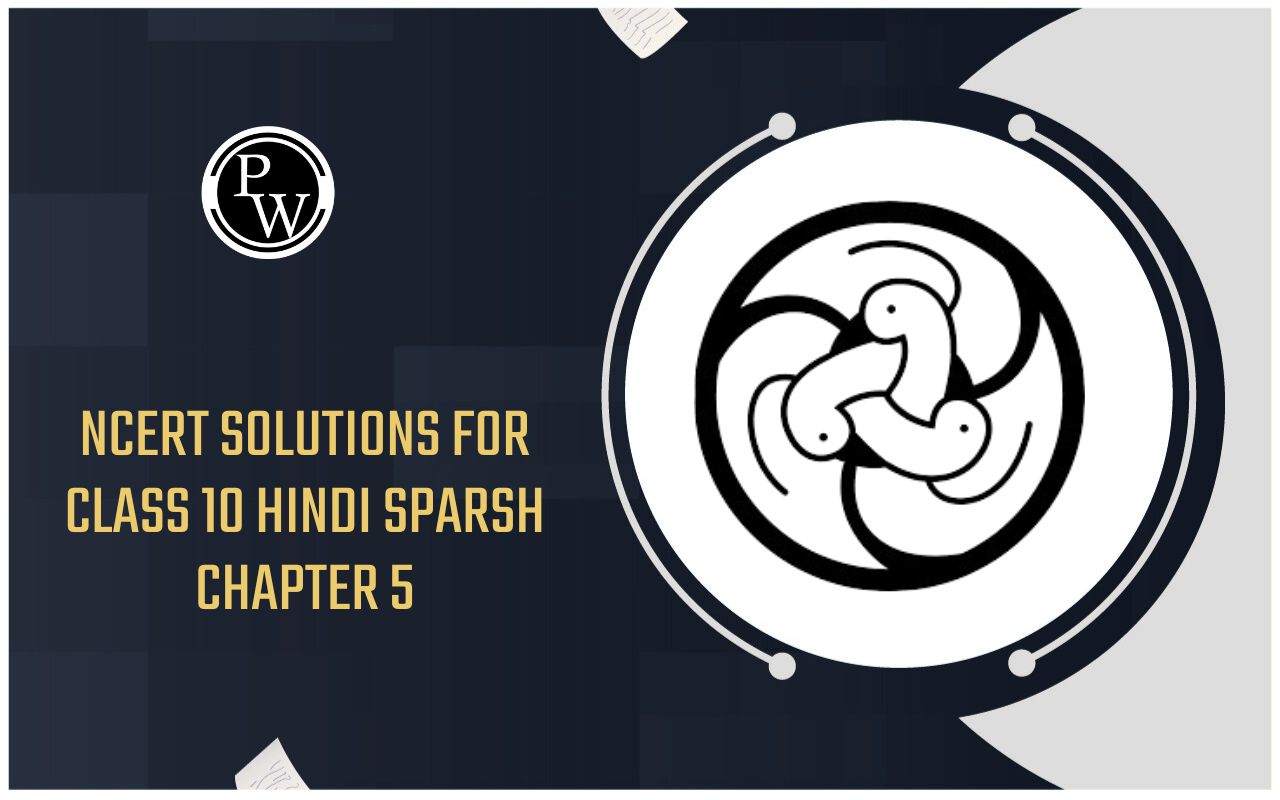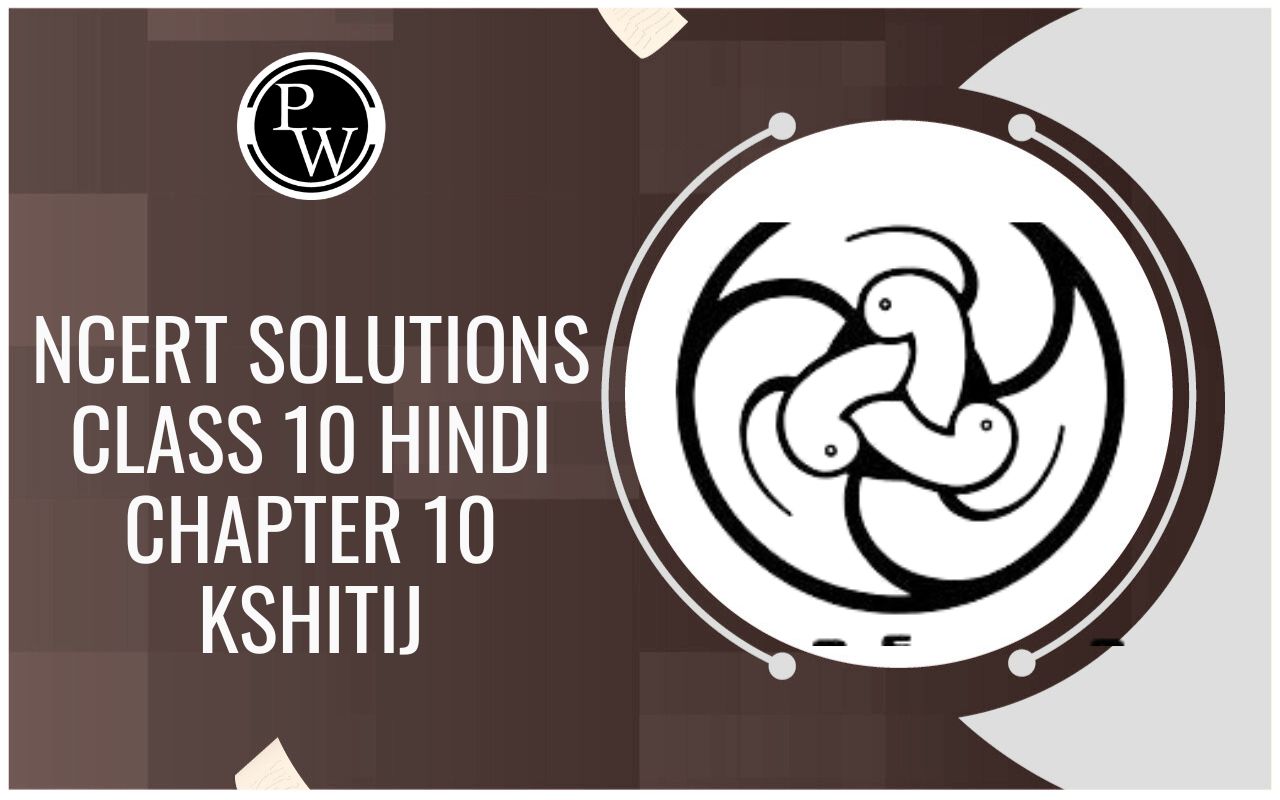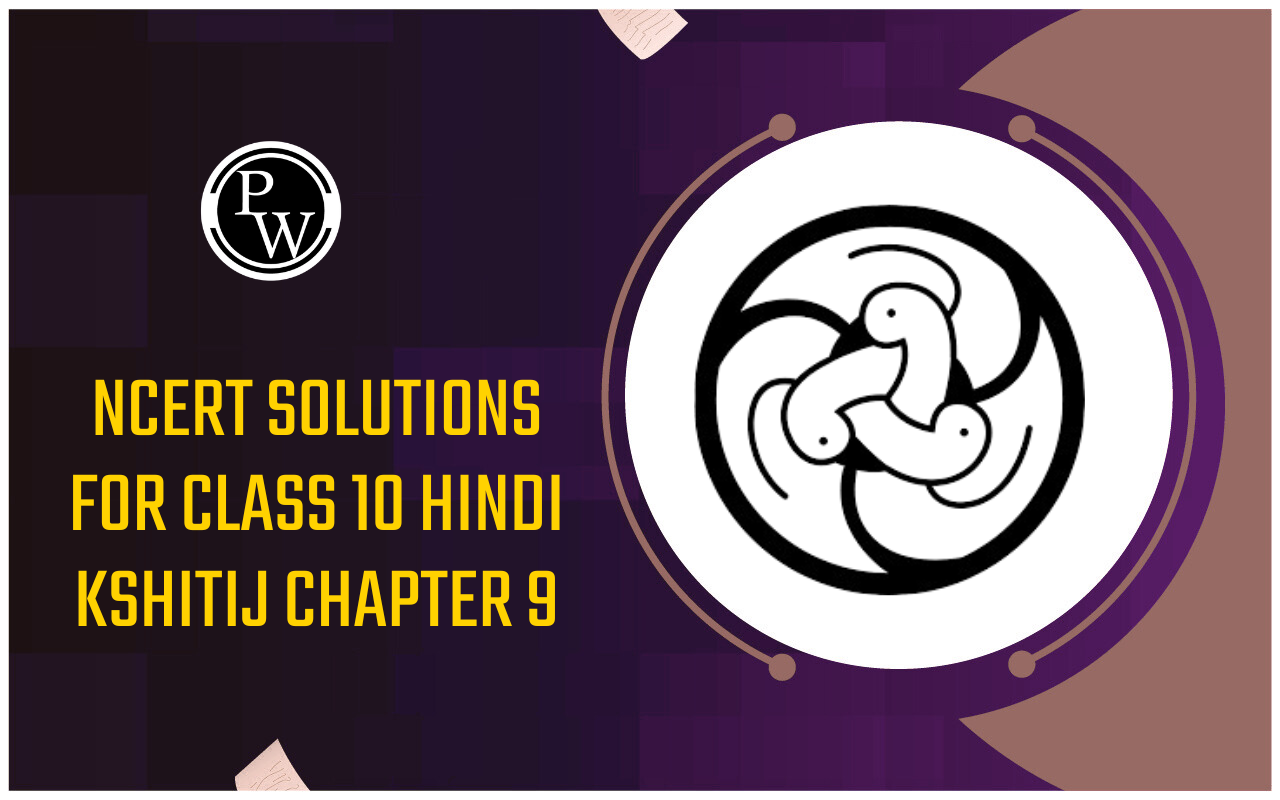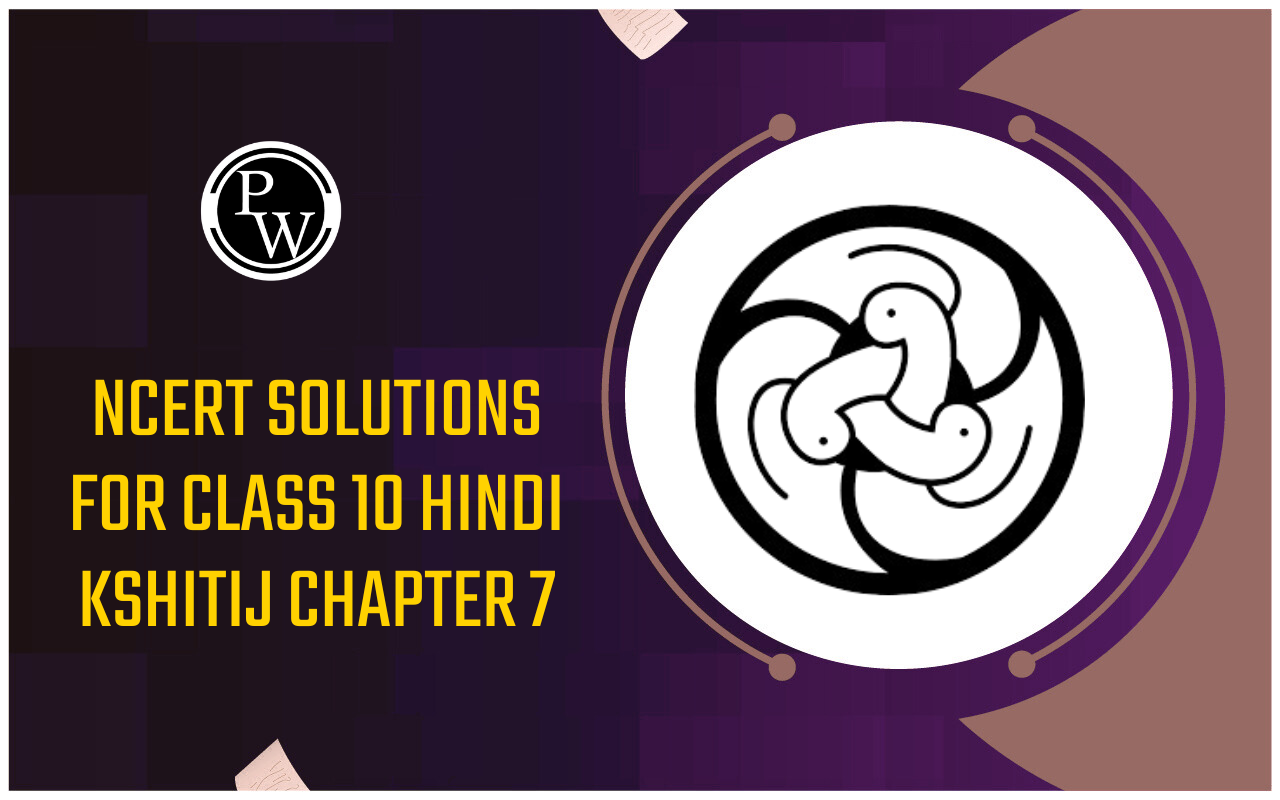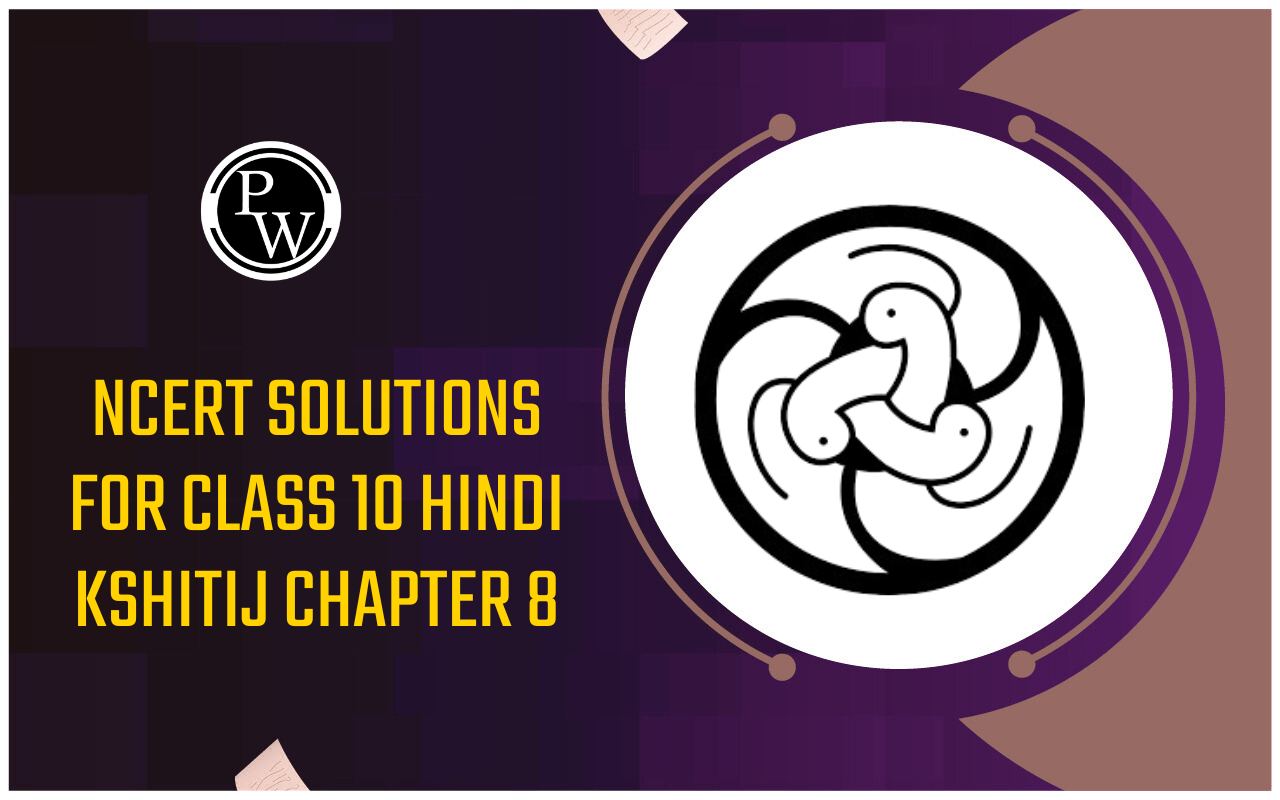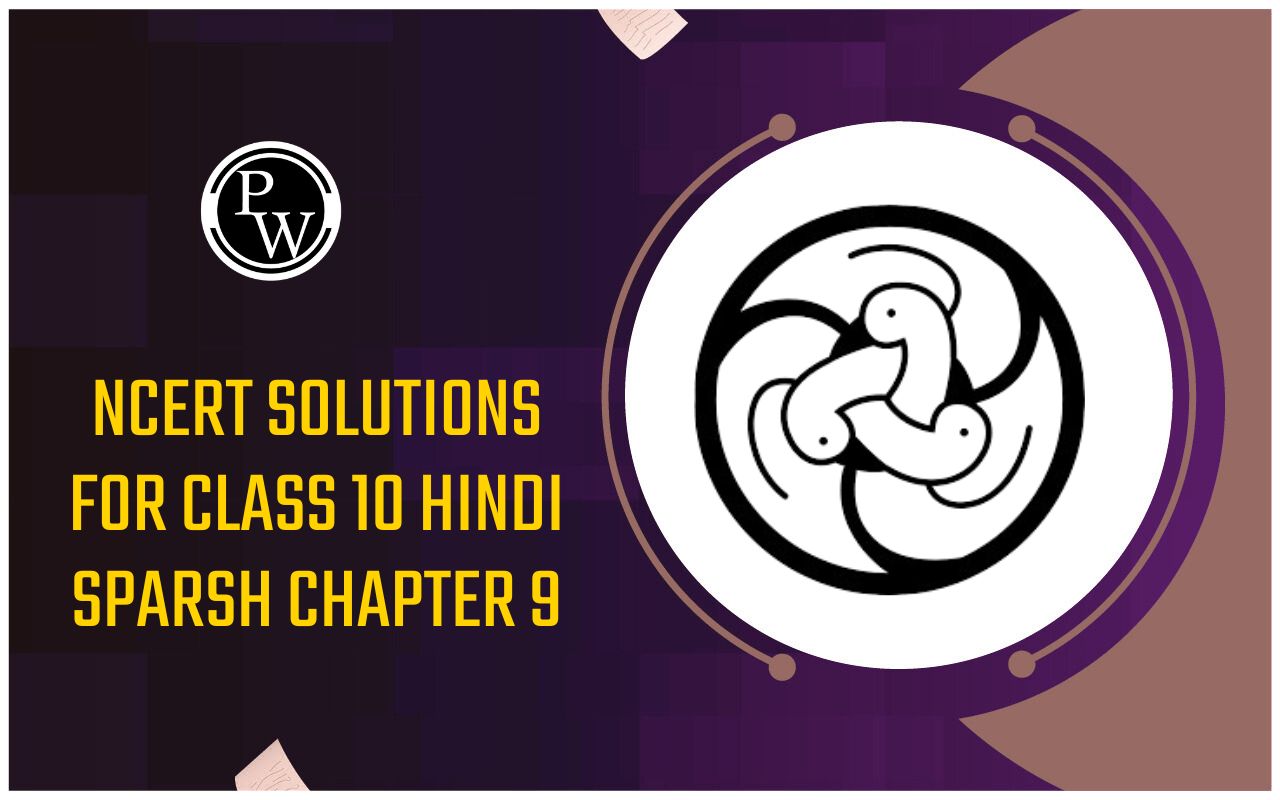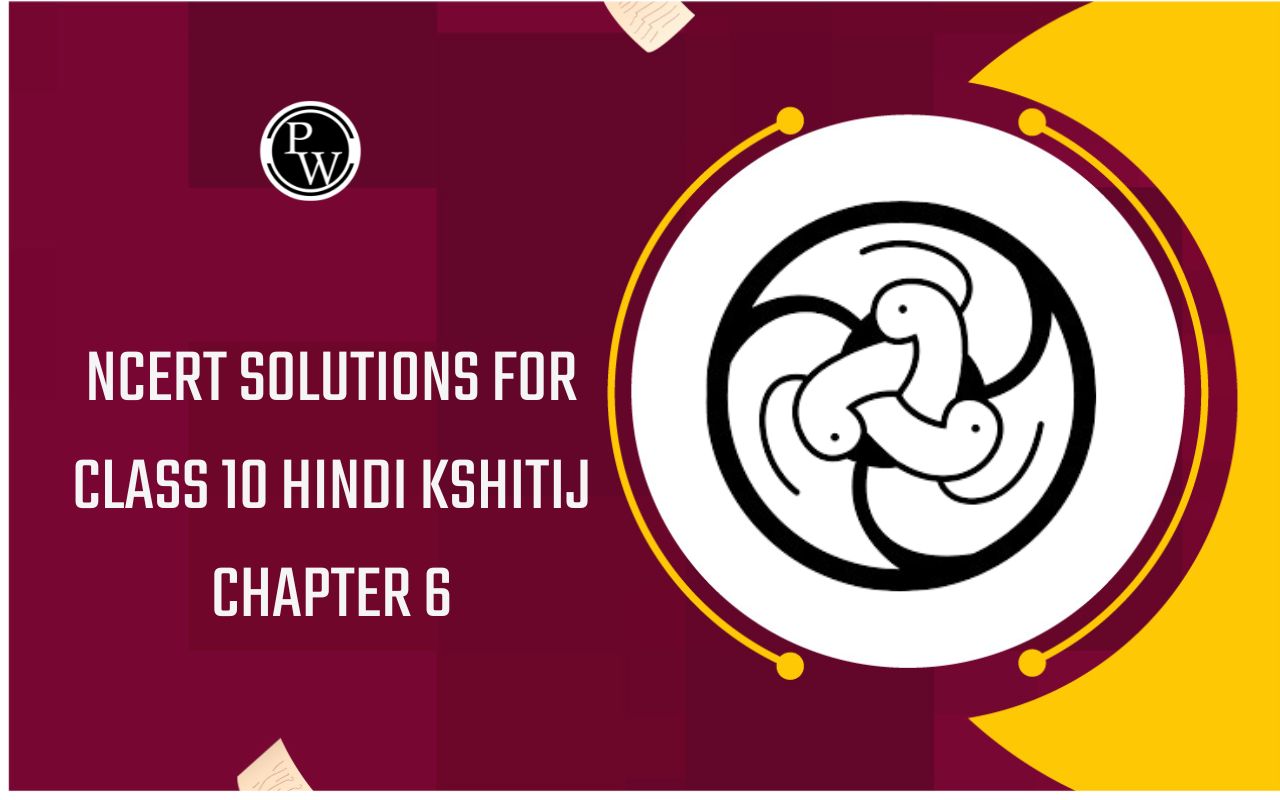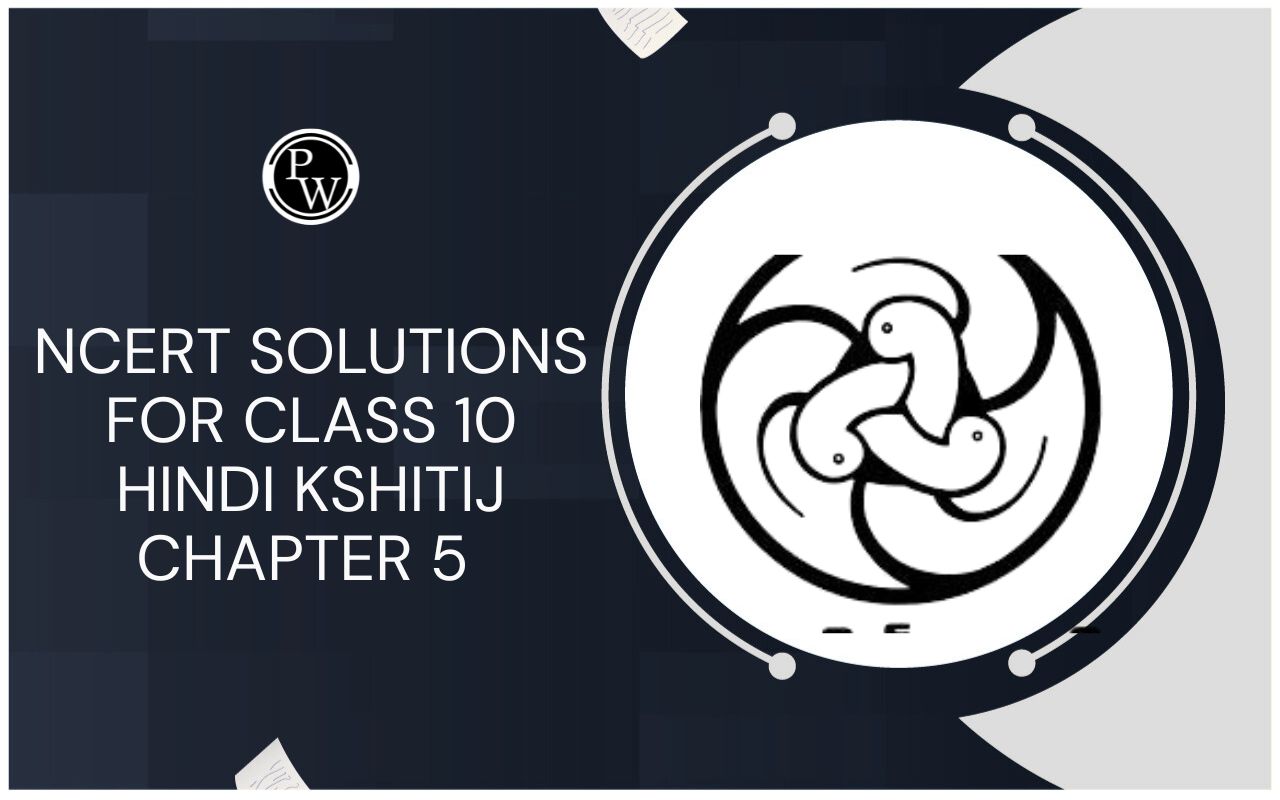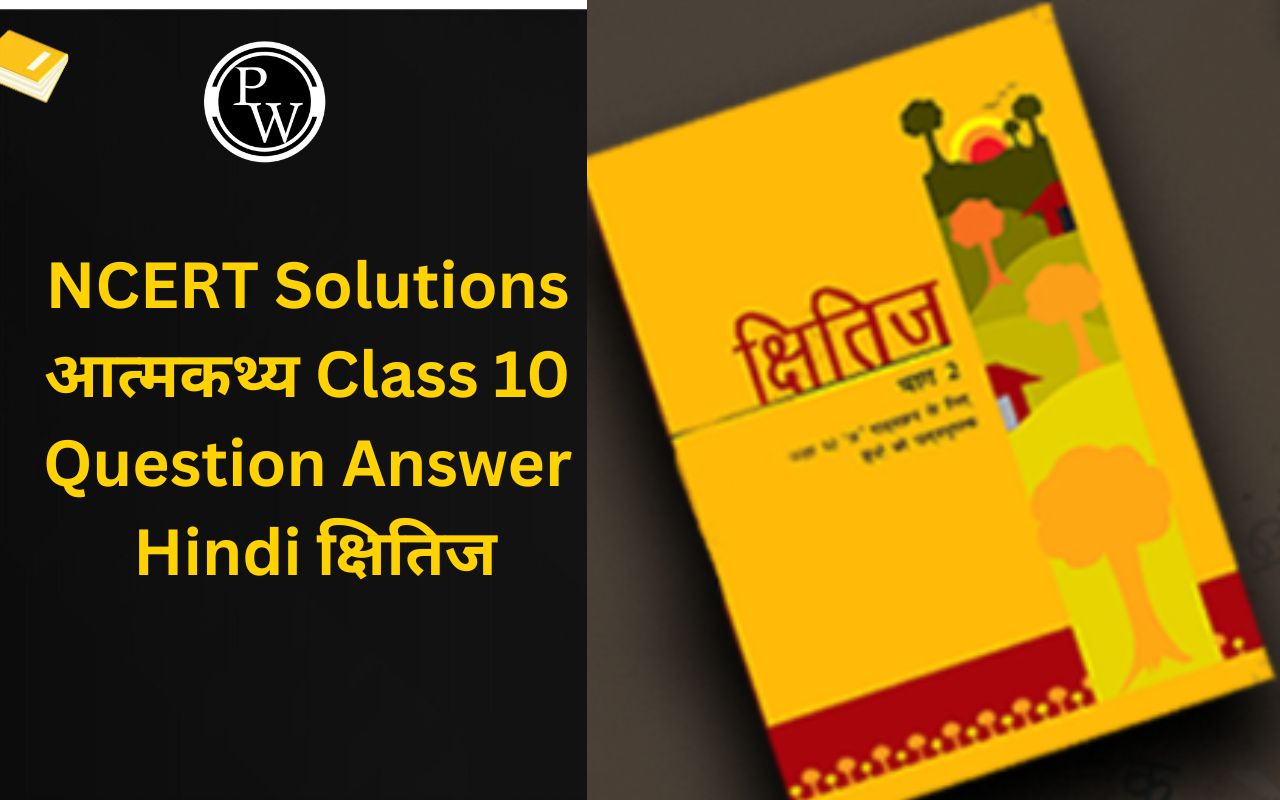
What is Hypothesis?
Oct 13, 2022, 16:45 IST
A hypothesis is an assumption that is based on some evidence. This is the starting point of any investigation that translates research questions into predictions. It includes variables, population, and the relationship between variables. A research hypothesis is a hypothesis that is used to test the relationship between two or more variables.
| Table of Content |
Characteristics of Hypothesis
The following are the characteristics of the hypothesis:
- If the hypothesis is relational, it should state the relationship between variables.
- The hypothesis must be clear and precise to consider it to be reliable.
- The explanation of the hypothesis must be straightforward, and it must also be understood that the simplicity of the hypothesis is not associated with its significance.
- The hypothesis should be specific and should have scope for conducting more tests.
Sources of Hypothesis
The following are the sources of the hypothesis:
- Observations from the past studies, present-day experiences, and competitors.
- The resemblance between the phenomenon.
- General patterns influence the thinking process of people.
- Scientific theories.
Types of Hypothesis
There are six forms of hypothesis:
- Simple hypothesis
It generally shows the relationship between one dependent variable and one independent variable. For example – If you prefer more vegetables, you will lose weight faster. Having more vegetables is the independent variable, while losing the weight is the dependent variable.
- Complex hypothesis
It generally shows the relationship between the two or more dependent variables and also the two or more independent variables. Preferring more vegetables and fruits will help you in weight loss and glowing skin and reduces the risk of heart disease.
- Directional hypothesis
It shows how the researcher is intellectual and committed to a particular result. The relationship between variables can also predict its nature. For example, four-year-olds who eat proper food for five years have higher IQ levels than children who do not eat properly. This shows the effect and the direction of the effect.
- Non-directional hypothesis
It was used when no theory was involved. It is the statement that a relationship exists between two variables without predicting the relationship's exact nature (direction).
- Null hypothesis
It provides a statement that contradicts the hypothesis. It is a negative statement, and there is no relationship between the independent and dependent variables. The symbol is "HO."
- Associative and causal hypothesis
An associative hypothesis occurs when a change in one variable results in a change in another variable. At the same time, a causal hypothesis proposes a cause-and-effect interaction between two or more variables.
Functions of Hypothesis
The following are the functions performed by the hypothesis:
- It helps in making an observation and experiments possible.
- It becomes the starting point for the investigation.
- It also helps in verifying the observations.
- It also helps in directing inquiries in the right direction.
Examples of Hypothesis
The following are the examples of hypotheses based on their types:
- Consumption of sugar drinks every day leads to an obesity is an example of a simple hypothesis.
- All lilies have the same no. of petals is an example of a null hypothesis.
- If a person gets 7 hours of sleep, he will also feel less fatigue than if he sleeps less. It is also an example of a directional hypothesis.
How does a Hypothesis help in the Scientific Method?
The researchers use hypotheses to put down their thoughts, directing how the experiment would take place. Following are the steps that are involved in the scientific method:
- Doing background research
- Creation of hypothesis
- Formation of question
- Designing an experiment
- Collection of data
- Result analysis
- Summarizing the experiment
- Communicating the results
Frequently Asked Question (FAQs)
Q1. What is hypothesis?
Ans. It is an assumption made that is based on some evidence.
Q2. Give an example of simple hypothesis?
Ans. Consumption of sugar drinks daily leads to obesity. This is an simple example of a simple hypothesis.
Q3. What are the types of hypothesis?
Ans. There are six types of hypothesis are
- Simple hypothesis
- Complex hypothesis
- Directional hypothesis
- Non-directional hypothesis
- Null hypothesis
- Associative and Casual hypothesis
Q4. How many hypothesis should research have?
Ans. Two hypothesis statements
Q5. Is a hypothesis a prediction?
Ans. A hypothesis is not a prediction. In contrast, a prediction is derived from a hypothesis. A causal hypothesis and a law are of two types, i.e., scientific knowledge and a causal hypothesis cannot become a law.
Q6. Can a hypothesis be a question?
Ans. A hypothesis is just a statement, not a question.

